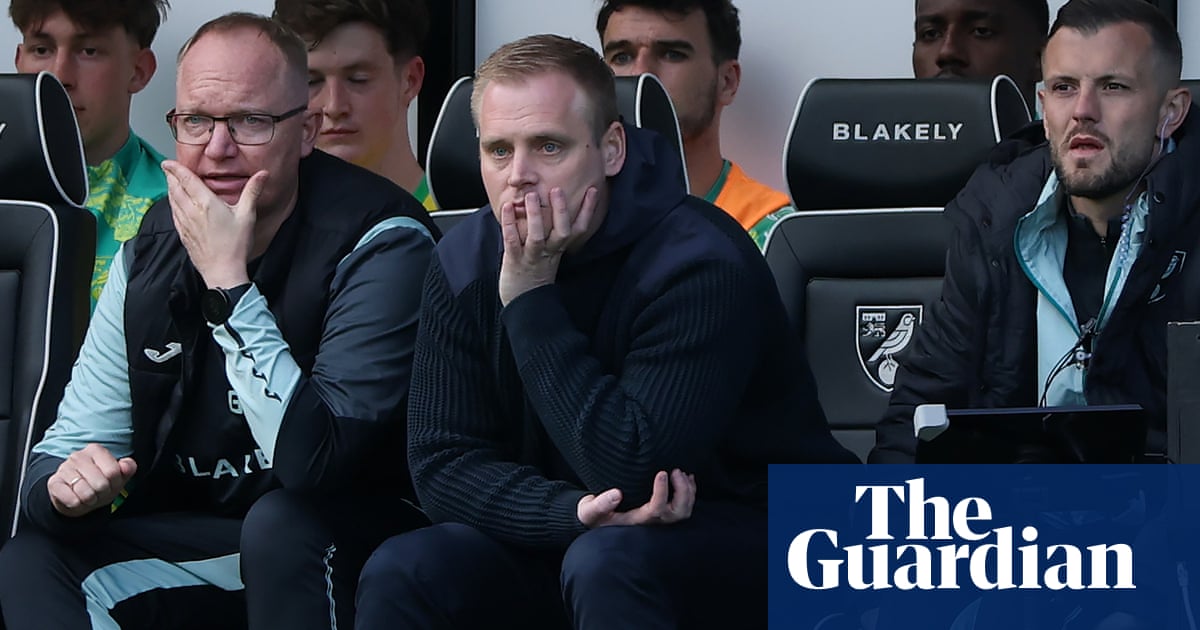The recent news about Norwich City Football Club parting ways with head coach Johannes Hoff Thorup highlights significant organizational changes in response to poor performance. The decision to appoint Jack Wilshere as interim coach for the remainder of the season reflects an urgent need to address the team’s disappointing results. This move not only impacts the club's immediate strategy but also speaks to the broader dynamics within the sport.
Implications of Coaching Changes
The dismissal of Thorup follows a series of disappointing matches, with Norwich slipping to 14th place in the Championship. Such a change typically indicates a club's desire to revitalize its performance and rekindle hope for better results, especially in the context of fan expectations and financial stability. The decision made by sporting director Ben Knapper emphasizes a long-term vision, yet the immediate results have forced an acceleration of that vision.
Public Perception and Sentiment
This news could create a sense of urgency among fans regarding the club's direction. The appointment of Wilshere, a former player, might be perceived positively, as it connects the current team with its past successes. However, it also risks being seen as a desperate move if results do not improve. The media narrative may lean towards an optimistic future or a critical assessment of past management decisions, shaping public sentiment either way.
Potential Underlying Issues
While the focus is on the coaching change, it raises questions about the club’s overall strategy, including player development and recruitment. Norwich's struggles may reflect deeper issues within the club that are not addressed by simply changing the head coach. This suggests that there could be more significant problems that the management might prefer to keep under wraps, such as financial constraints or internal conflicts.
Comparative Context
The timing of this announcement coincides with other managerial changes in the Championship, such as West Bromwich Albion's dismissal of Tony Mowbray. This could indicate a broader trend in the league where clubs are becoming less tolerant of poor performance. Comparing Norwich's situation with other teams might reveal patterns of instability and the pressures facing coaches in competitive leagues.
Impact on Stakeholders
The decision could influence various stakeholders, including fans, players, and investors. Supporters may rally behind Wilshere, hoping for a fresh approach, while players might respond positively to having a familiar figure at the helm. However, if results do not improve, this could lead to further discontent and a decline in attendance and financial support.
Market and Economic Considerations
While this news primarily concerns the sporting aspect, it might have implications for the club's financial health. A continued poor performance could affect ticket sales and merchandise revenue. Investors might also be wary of the club's direction, potentially influencing their support depending on how the situation unfolds.
Community Reactions
The announcement may resonate with younger fans and those who identify with Wilshere's playing history, aiming to foster a sense of loyalty and connection. The club's strategy in communicating this change will be crucial in maintaining or rebuilding trust among its supporters.
Artificial Intelligence Influence
Regarding the composition of the article, it is possible that AI was used to summarize the events and provide an objective analysis of the situation. The language employed is straightforward and factual, suggesting a standard reporting style that prioritizes clarity and conciseness.
This news carries with it a degree of uncertainty regarding Norwich's future, particularly concerning on-field performance and management stability. The trustworthiness of the reporting lies in its straightforward presentation of facts, though the underlying implications and potential biases in the narrative could shape public perception in various ways.
